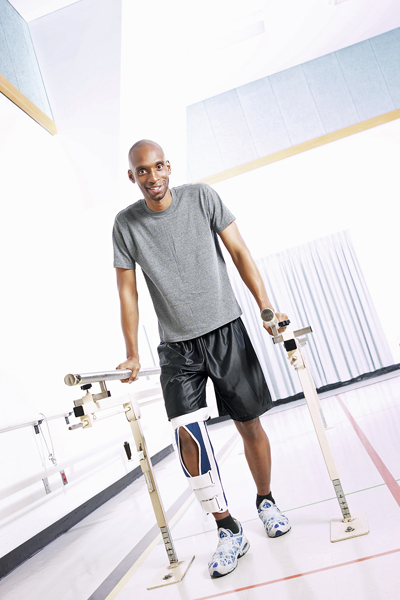This Crucial Role of Individual Training for Effective Rehabilitation Therapy.
This Crucial Role of Individual Training for Effective Rehabilitation Therapy.
Blog Article
Personal training plays a vital role in the rehabilitation journey after an accident. When an individual sustains injured, regardless it is a twist, pull, or a more serious injury, the path to rehabilitation can be long and challenging. Individual trainers are specifically trained to help individuals regain their strength, mobility, and overall fitness. They develop customized exercise plans that address to the particular needs of the injured person, making sure that the rehabilitation process is both secure and efficient. This custom approach is crucial for helping individuals return to their normal activities and avoid future damages.
One of the main benefits of personal training during rehabilitation is the knowledge that coaches offer to the table. They understand the human body and how it responds to different types of workouts. This expertise enables them to create plans that concentrate on restoring strength in the affected area while also improving overall fitness. Individual trainers can monitor progress closely and make adjustments to the program as needed. This ongoing assessment is vital because it helps to ensure that the client is not pushing themselves too much, which could lead to re-injury.
Another important aspect of personal training in post-recovery rehabilitation is motivation. Recovering from an injury can be mentally and physically exhausting. Individual coaches provide support and motivation, helping clients stay committed on their objectives. They can also help set realistic expectations, which is important for maintaining a positive mindset during rehabilitation. With a individual coach by their side, clients are more apt to adhere to their rehabilitation program and remain committed to their recovery journey.
In furthermore to physical exercise, individual coaches often incorporate education into their sessions. They teach clients about correct physical movements, the importance of warm-ups and post-exercise routines, and how to pay attention to their physical signals. This knowledge empowers clients to take an proactive role in their recovery. Comprehending how to prevent subsequent damages is just as crucial as recovering from the current one. Individual coaches can provide valuable insights into daily modifications and exercises that promote sustained wellness and well-being.
Finally, individual training can enhance the overall recovery process by fostering a sense of community. Many trainers create a nurturing atmosphere where clients feel comfortable discussing their challenges and successes. This camaraderie can be extremely beneficial, as it helps clients feel less alone during their recovery. By collaborating with a individual trainer, individuals not only enhance their click this site physical health but also obtain a network community that encourages them to stay engaged and driven throughout their rehabilitation process.